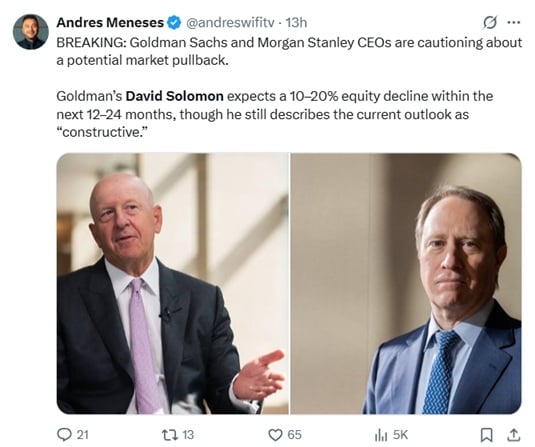IBM has announced a major leap in quantum computing, creating the world’s largest entangled quantum state of 120 qubits. According to IBM, the achievement could pave the way for computers powerful enough to challenge Bitcoin’s encryption in the future.
In their study titled “Big Cats: Entanglement in 120 Qubits and Beyond,” IBM scientists said they had achieved full multi-qubit entanglement for the first time — a crucial step toward building fault-tolerant quantum systems capable of running algorithms that surpass today’s cryptographic security.
Inside IBM’s 120-Qubit Quantum System
The team used a special class of quantum states known as Greenberger–Horn–Zeilinger (GHZ), often called “cat states” after Schrödinger’s famous paradox.
In these states, all qubits exist simultaneously in both 0 and 1, changing synchronously — a delicate form of entanglement that tests the boundaries of quantum coherence.
To reach 120 qubits, IBM used superconducting circuits and an adaptive compiler that positioned operations in the least noisy regions of the chip. The researchers also introduced a temporary “decomputing” technique, allowing exhausted qubits to stabilize before reinsertion into the system
The precision level achieved for the 120-qubit GHZ state was 0.56, exceeding the 0.5 threshold that confirms true entanglement.
In essence, all 120 qubits functioned as a single coherent quantum object.
Because directly calculating such a massive quantum state would take longer than the age of the universe, IBM validated its results through statistical parity measurements and direct fidelity estimation, where each stabilizer acts as a diagnostic marker confirming synchronization.
Bitcoin, Cryptography, and the Quantum Future
While today’s quantum systems can’t yet break modern encryption, IBM’s result signals how close that future may be.
According to Project 11, an independent research group, 6.6 million BTC — roughly $767 billion could be vulnerable to quantum attacks once the technology matures.
Once a public key is exposed, a sufficiently advanced quantum computer could theoretically derive the corresponding private key and steal funds before a transaction is confirmed.
While IBM’s system is far from that capability, its progress underscores a future where quantum and crypto worlds may collide.
IBM’s next step is Quantum Starling, a fault-tolerant quantum computer planned for 2029 — a milestone many experts see as the year quantum threats could become real.
A Global Quantum Race Intensifies
IBM is not alone. Google’s Quantum AI division recently revealed its 105-qubit Willow chip, which performed a physics algorithm faster than any classical supercomputer.
Meanwhile, HSBC is experimenting with quantum algorithms for bond trading, and BlackRock has warned that quantum technology could disrupt digital finance worldwide.
Governments are responding as well. In August 2025, El Salvador moved 6,200 BTC to new blockchain addresses “to reduce the risk of quantum attacks.”
As the quantum era dawns, IBM’s breakthrough represents both technological progress and a warning — a glimpse into a future where computing power may reshape the foundations of cryptography and digital finance.
Source: https://coinpaper.com/12034/120-qubits-and-counting-as-ibm-moves-closer-to-cracking-modern-encryption


